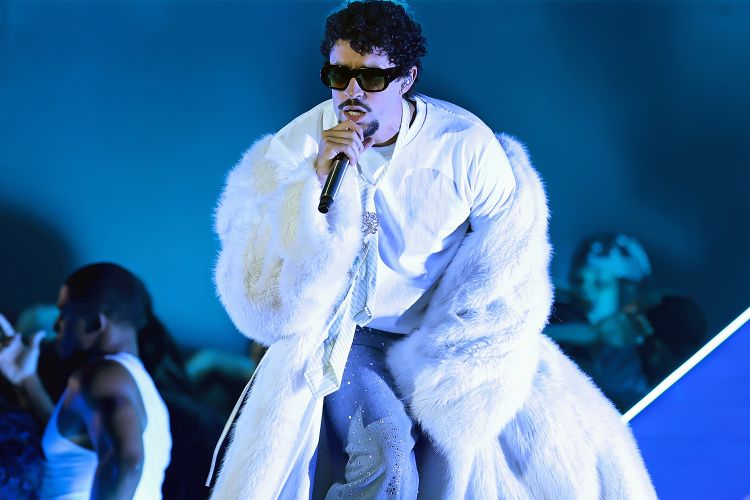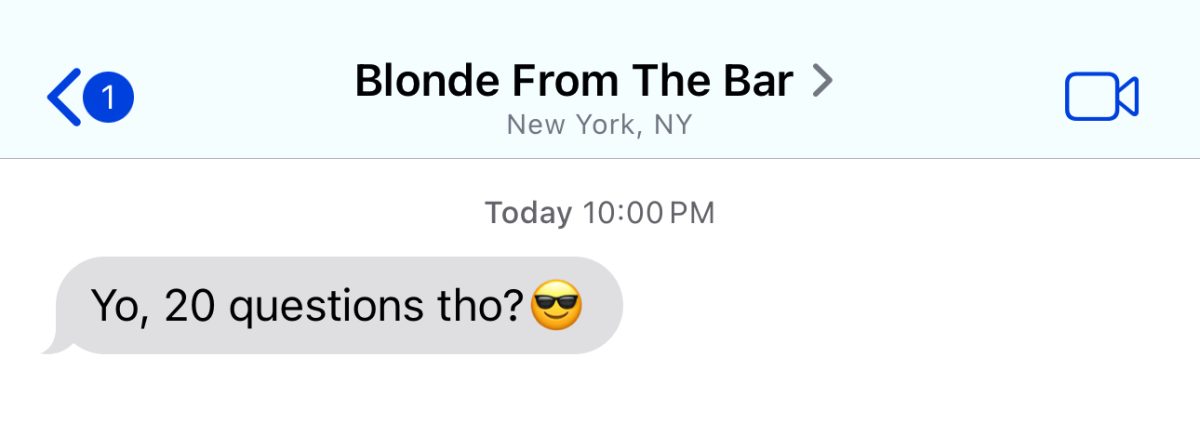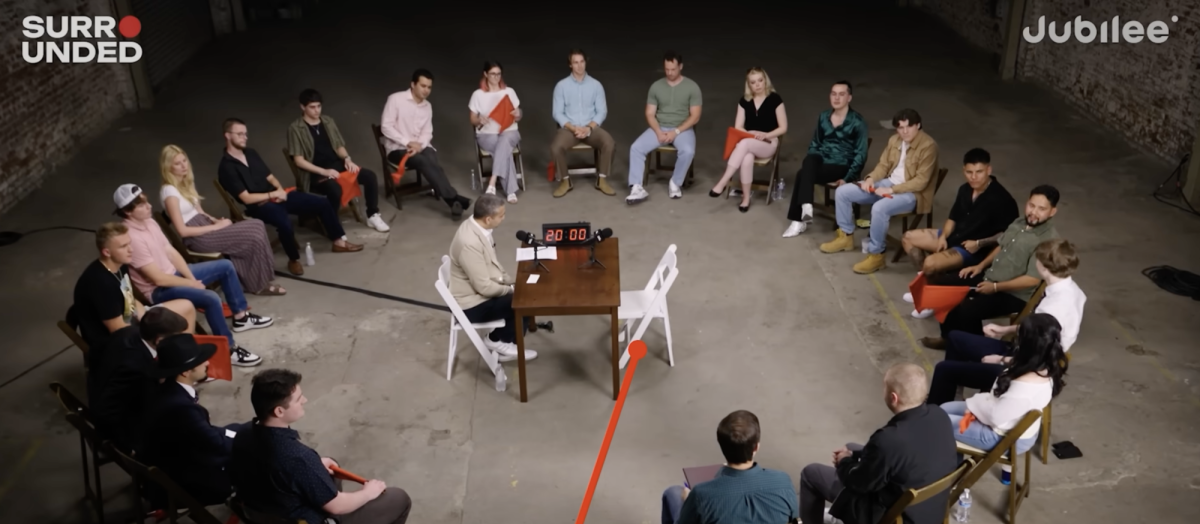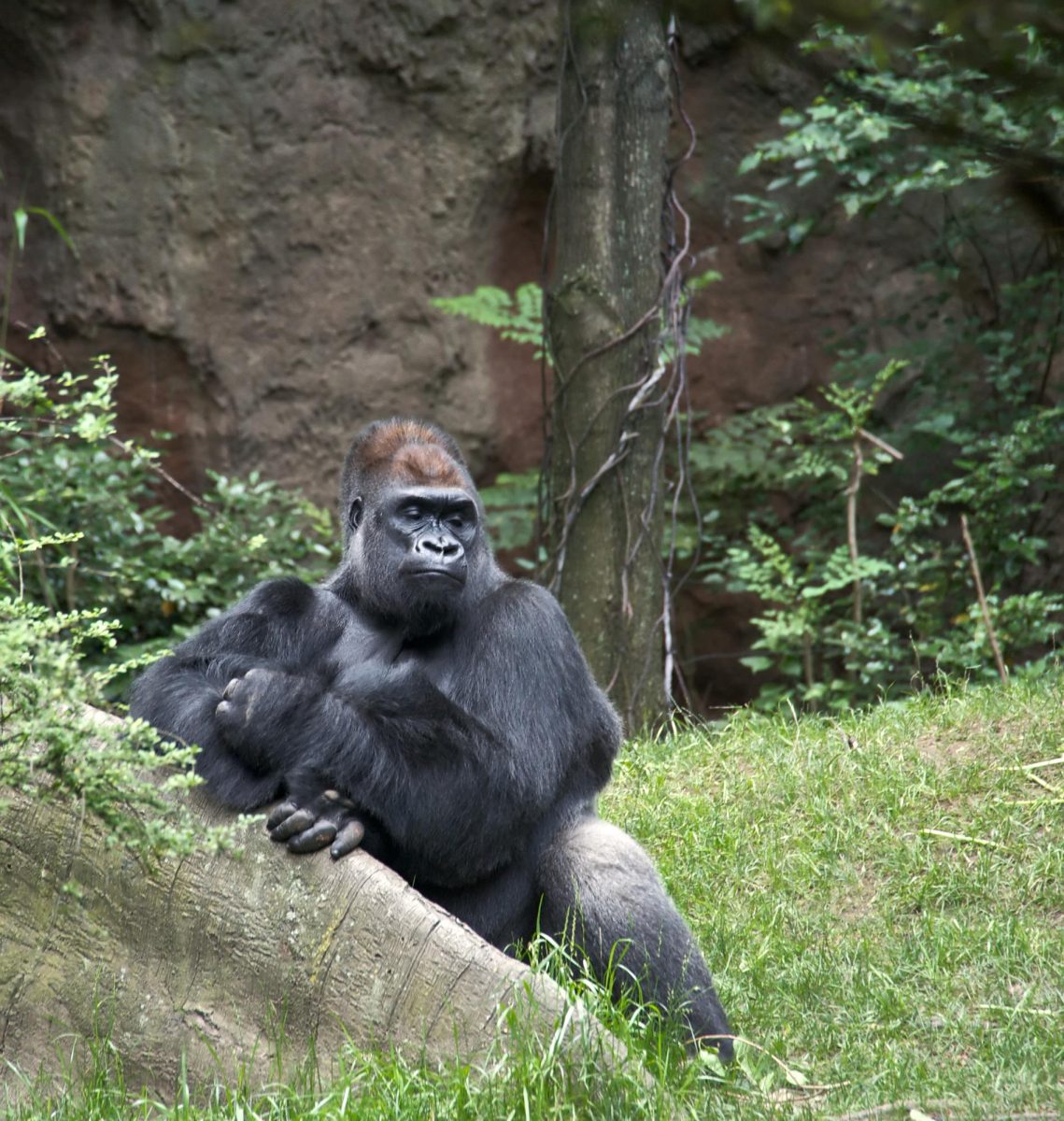In the last month, college students across university campuses have held pro-Palestinian and anti-war demonstrations expressing solidarity with Palestinian civilians and urging universities to take action against the Israeli-Palestinian conflict. Students have been strongly voicing their opinions about the treatment of Palestinian civilians and requesting that universities take a position on the escalating Israeli-Palestinian conflict. Such demands include increased transparency regarding the university’s investment practices. Students are urging university boards to divest investments from donors who are aiding the conflict and requesting that universities call out companies, such as weapon manufacturers, on their practices. Students are also demanding that the universities take a moral position related to Israel and cut financial ties with those companies that support the conflict.
The recent student protests at Columbia University have been one of the main catalysts of the pro-Palestinian movement across colleges. In mid-April, students gathered on the university’s main campus and set up Gaza solidarity encampment tents. More students gathered and the growing protest caught the attention of the press nationwide. Mainstream media coverage has portrayed these protests with politically charged words, calling the students deluded and participating in an “antisemitism” movement. The media often prioritizes official perspectives in its news coverage, as they tend to attract greater attention that stimulates more widespread discourse, ultimately increasing public engagement. “So, when officials like Texas Gov. Greg Abbott equate protestors to criminals with antisemitic intentions, that typically gets covered – certainly more than any rebuttal from protest participants,” wrote Danielle Brown, in scientificamerican.com. Hillary Clinton, who was recently teaching at Columbia University, made an appearance on MSNBC and remarked that campus protesters’ knowledge about the history of the Middle East, particularly regarding the Palestinian-Israeli conflict, is lacking significantly. She mentioned that in her conversations with young people, she noticed a gap in their understanding of the current conflict.
“They don’t know very much at all about the history of the Middle East, or frankly about history, in many areas of the world, including in our own country,” Clinton said on the MSNBC show “Morning Joe.”
As media coverage has become more widespread and opinionated, so have the student protests– not only at Columbia but across many colleges nationwide. Students have held their ground, firmly believing universities have a responsibility to speak out against human rights abuses, including the treatment of Palestinian civilians. Many professors have expressed support for freedom of speech, and have sided with the students. Still, many university faculty members believe these protests are disruptive and must be stopped.
Columbia University has a long history of major student protests and since the 60s, the university has been known to be a hotbed of activism. In the late 1960s, black students protested the construction of a gym in Morningside Park, because it was seen to be racially divisive. The protest slogan was “Gym Crow must go,” and within days, students took over Hamilton Hall, which housed the administrative offices and some classrooms. Student protests were also held because of the U.S. involvement in the Vietnam War. Again, students took control of five buildings on campus, including Hamilton Hall, the main administration building. The standoff ended with the violent intervention of the NYPD, who forcibly removed the student protestors. In 1985, a group of students began a protest outside Hamilton Hall, which escalated into a larger movement with hundreds of students blockading the building’s entrance because of the apartheid regime in South Africa. The “Divestment Blockade” lasted for a significant period and was widely covered by the press.
The legacy of activism at Columbia University persists today, as seen by the recent protests. Currently, the students are raising their voices about the Israeli-Palestinian conflict and urging the university to take a moral stand. As seen in past protests, Hamilton Hall has become a symbolic location, and its ‘takeover’ by the students is seen as a representation of student activism’s power and students’ willingness to challenge authority remains a potent force for change.
A Columbia University student, who requested anonymity, opined that “recent events on the Columbia campus have left students feeling hopeless. In the past few months, there have been attacks on students simply exercising their freedom of speech. Despite taking classes that focus on Middle Eastern cultures and ethnic backgrounds, the university remains silent on the genocide occurring in Palestine. When students raised their voices during Hillary Clinton’s recent visit to protest against these issues, they were swiftly silenced and removed for being “disruptive.” This incident was particularly frustrating for me. Despite Columbia’s mission to foster diversity, debate difficult issues, and provide a safe environment for students, it feels like a lie. Our voices are ignored, and the campus, once a place of dreams, has become a nightmare. It used to be an honor to call Columbia home, but now it’s embarrassing. A university that fails to support basic human rights cannot claim to be a community or a safety net for anyone. Seeing my peers arrested or attacked for speaking up for what’s right has changed my perception of the university. Columbia must do better, starting immediately. I stand with Palestine before I stand with Columbia U.”
Unfortunately, in the past two days, tensions escalated. On Tuesday night, April 30, 2024, an army of police entered the campus and deployed a vehicle with a ramp to reach a second-floor window of Hamilton Hall. The police arrested close to 200 students. Earlier that same day, in a media appearance, Mayor Eric Adams referred to the protests as senseless. Calling for order, he said, “This is a global problem that young people are being influenced by those who are professionals at radicalizing our children.” Adam’s rhetoric carries the implication that students lack understanding of the situation, which echoes similar statements often expressed by conservative news outlets and political figures, like Fox News or Donald Trump, who have questioned the authenticity of these student protests. Trump has often criticized student protests and activists, and sometimes he has characterized them as uninformed or influenced by radical ideologies. Fox News has suggested that these student protests are driven by ignorance or leftist indoctrination. Making an appearance on Sean Hannity’s show on Fox News, the former president reiterated the unfounded claims. “I really think you have a lot of paid agitators, professional agitators in here too, and I see it all over,” Trump said. He continued, stating, “You know, when you see signs and they’re all identical. That means they’re being paid by a source.”
At the University, the student turnout for Palestinian solidarity and anti-war protests has been notably subdued compared to other universities in the area. While the University is home to a political organization called ‘Students for Justice in Palestine,’ which is dedicated to advocating for Palestinian liberation, many students feel that the broader student body hasn’t shown the same level of engagement seen at universities like Columbia University. The University’s Students for Justice in Palestine (SJP) organization regularly updates its Instagram page on developments in the conflict and stands in solidarity with students from other universities actively participating in protests. However, a University student’s observation affirms the disconnect: “The student protests that are taking place across NYC, the U.S., and the world at large are inspiring and very significant. Students are showing how much power they have. However, at the University, there is an issue where the student body is largely disengaged, and this has led to a lack of substantive political life on campus. Many students and professors proclaim social justice values, but there’s been a lack of action. They can change that by coming to events at the NYC campus’ newly formed ‘Students for Justice in Palestine’ during the fall semester!”
Another student from the University stated, “I, like many other college students, can say that we are proud. We are proud to know that somewhere, people who look and think like us scowl at the detestable actions that are waved in front of us enough to desensitize us. The illustrious Dr. Martin Luther King Junior once said that injustice anywhere is a threat to justice everywhere. Therefore, I cannot support with clear conscience any institution that would claim to restore order in the name of peace, thereby cutting a lifeline to those that seek to restore peace elsewhere. Lastly, regarding the press, and many news outlets, we increasingly see the narrative that these protests are Pro-Palestinian. There is only one thing that I know we can all say with certainty— we are anti-genocide, we are anti-ethnic cleansing, and we are certainly pro-preservation of the sanctity and sacredness of human life.”
Students have reignited the spirit of activism on campuses, and the message remains clear: silence in the face of injustice is unacceptable. This fight isn’t just about Palestine; it’s about the belief that young people have the power to change the world and fight for human rights.








